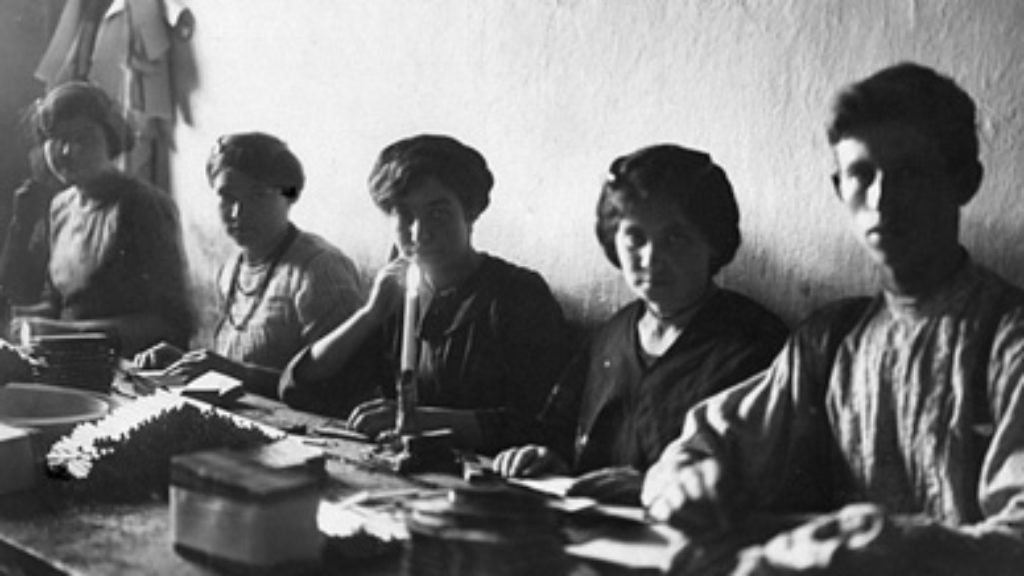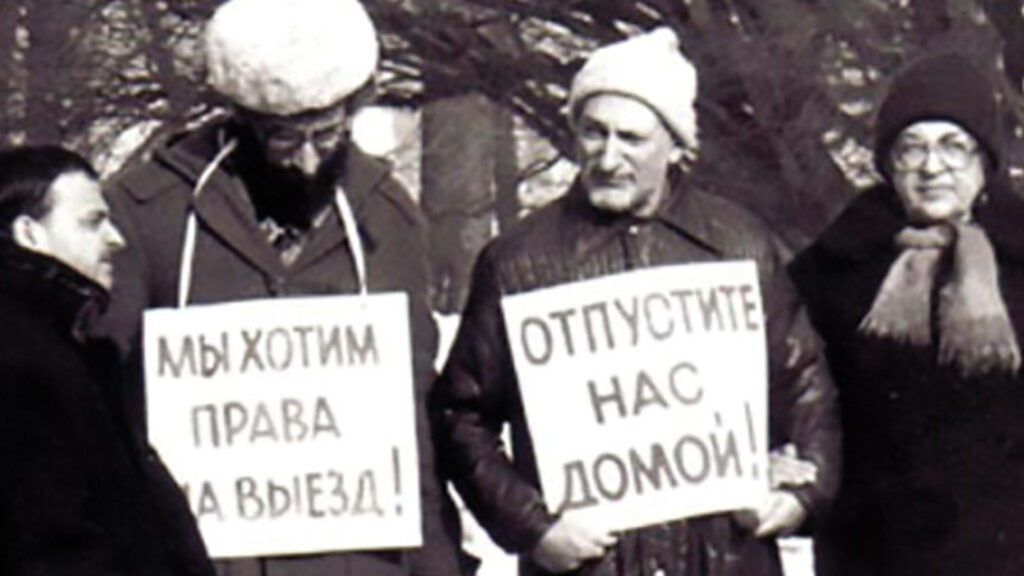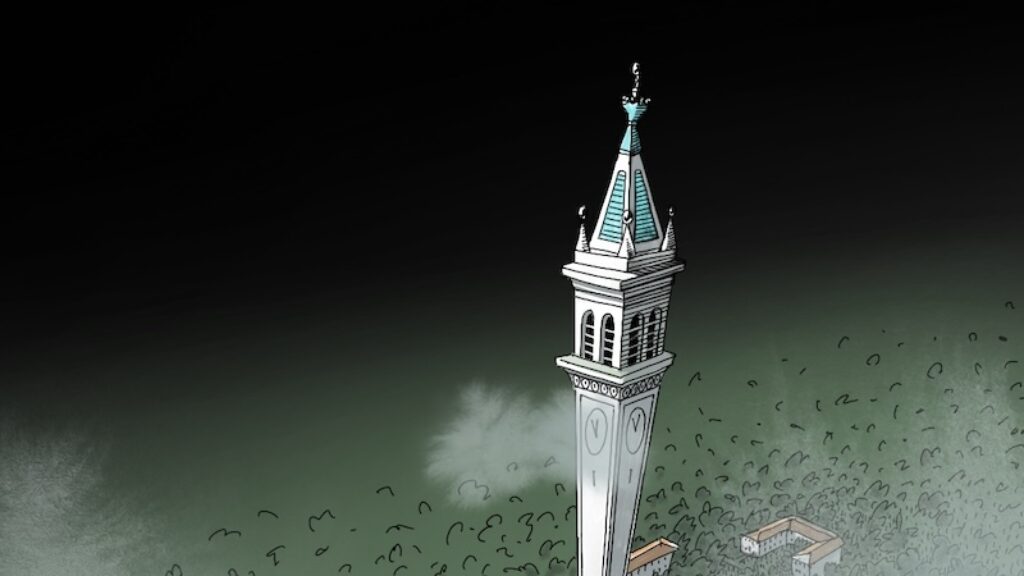Responses to Halkin
Across the internet, around Shabbat dinner tables, thousands of readers have been discussing Hillel Halkin’s eloquent, despairing essay about the new Israeli government. We continue this lively and critical discussion with responses from some of today’s most interesting and engaging thinkers about Israeli politics.
- Emily Amrousi applauds the election results but sees little real change coming to Israeli society.
- Elli Fischer argues that Halkin (and the poet Y.L. Gordon) are wrong about both modern Israel and the bible. It was the prophet Jeremiah, not the king Zedekiah, who represents a healthy society.
- While Mosheh Lichtenstein agrees there are serious problems facing Israeli society, he sees Halkin’s stance as a complete misreading of Orthodox Judaism’s values and value.
- Ze’ev Maghen defends the new coalition, and worries that Halkin has lost his way.
- Mikhael Manekin takes issue with Halkin’s reliance on demographics, and seeks a path forward free of division and recriminations.
- Neil Rogachevsky contrasts Halkin’s use of the poem “Zedekiah in the Dungeon” by Yehuda Leib Gordon with David Ben-Gurion’s own curiously prescient, and more pragmatic, reading.
- In contrast to Halkin’s fatalism, Gil Troy argues that Zionism’s future can be as strong as its past, so long as its adherents do not abandon hope.
Comments
You must log in to comment Log In
Suggested Reading

Questioning in the Darkness
A century ago, S. Ansky (Shloyme-Zanvl Rappoport) assembled thousands of questions for a survey directed at shtetl residents in the Russian Empire's Pale of Settlement. A new book examines this fascinating survey.

Problems with Authority
Paul Goldberg’s latest novel, The Dissident, is a narrative tour de force that plays far too fast and loose with the historical facts, leaving its readers deeply misled.

Pogroms, Politics, and the Association for Jewish Studies
"Only the word horrific seemed apt; the rest of the statement managed the rare feat of being both drab and discordant."

Jeremiah’s Dilemma: A Response to Hillel Halkin
There is not much I can disagree with in Hillel Halkin’s portrait of the present cultural and political moment in the State of Israel. His despair captures the mood of…
Fred Ehrman
I'm a big admirer of Hillel Halkin as an author and a translator. I anxiously read all his books and essays as soon as they are published. However as to his political and spiritual views we are 180 degrees removed. He writes in his latest essay:
"To my friend in Portugal, I wrote:
If there is still a difference between us, it is that you take satisfaction (though I hope not just that) in what has happened, and I feel only pain. And there is another difference, too. You put the blame on Zionism, and I put it on Judaism, of whose fantasies and delusions Zionism sought to cure us only to become infected with them itself. "
To him and to other secular Zionists and Jews I have only one basic question. By what basic right do we Jews have to come into this part of the Levant and claim a right to the land? Where is the deed of ownership for what we call the state of Israel? History, tradition, conquest? What? If they were honest, they would admit that the deed of ownership is the Torah, the basis for calling us a people and a nation. For them to now say that the blame for the problems that now exist is to be heaped "on Judaism", is to deny the only claim we have on this land.
Yes, Halkin is right on many of his complaints, it would be nice if our current leaders were all squeaky clean in their past actions and had spotless attributes. But we were not given a perfect world. The voters were fully aware of all of the past but decided that there were more positives than negatives when they cast their ballots. The previous secular governments have succeeded in erasing much of our Jewish heritage. Many of our young people are totally unaware of our 3500 year history and the basics of our religion. Of course there should not be and there won't be any trace of coercion into ritual observance of individuals imposed by the Netanyahu government. But at least there should be a basic knowledge of what Judaism consists of.
As to the Palestinians, Halkin is certainly aware that they had many opportunities to have their own state. They were all rejected for one simple reason. The great majority believe in their state that extends "from the river to the sea." When 72% in recent polls of the Palestinian people approve of terrorism and payment to families of terrorist's families, the time has come to go beyond the question of attempting to negotiate "land for peace". Autonomy yes, full state rights with military capabilities, a resounding no.
Halkin is very intelligent and understands all of this. But as a secular Jew, he cannot acknowledge what is obvious not only to over half of Israelis, but now with several Arab Moslem states as well.
Halkin's lament, shared by his friend in Portugal and myriads of Israelis, is sad for us traditional and observant Jews as well. But in time I pray, "B'Ezrat Hashem", we will at some point reach a period when we can live together as loving brothers. As the psalmist said: " How good and pleasant it is when brothers can sit together (in peace and harmony) (Tehillim 133:1)).
Fred Ehrman
Ra'anana, Israel